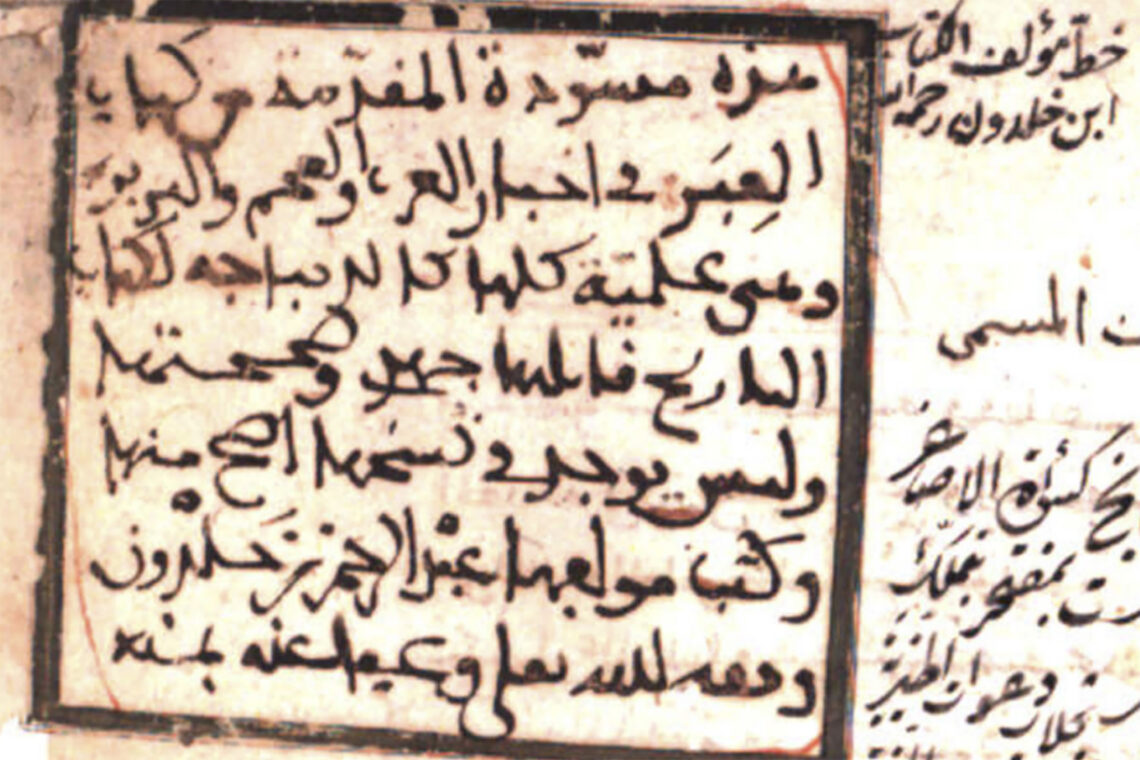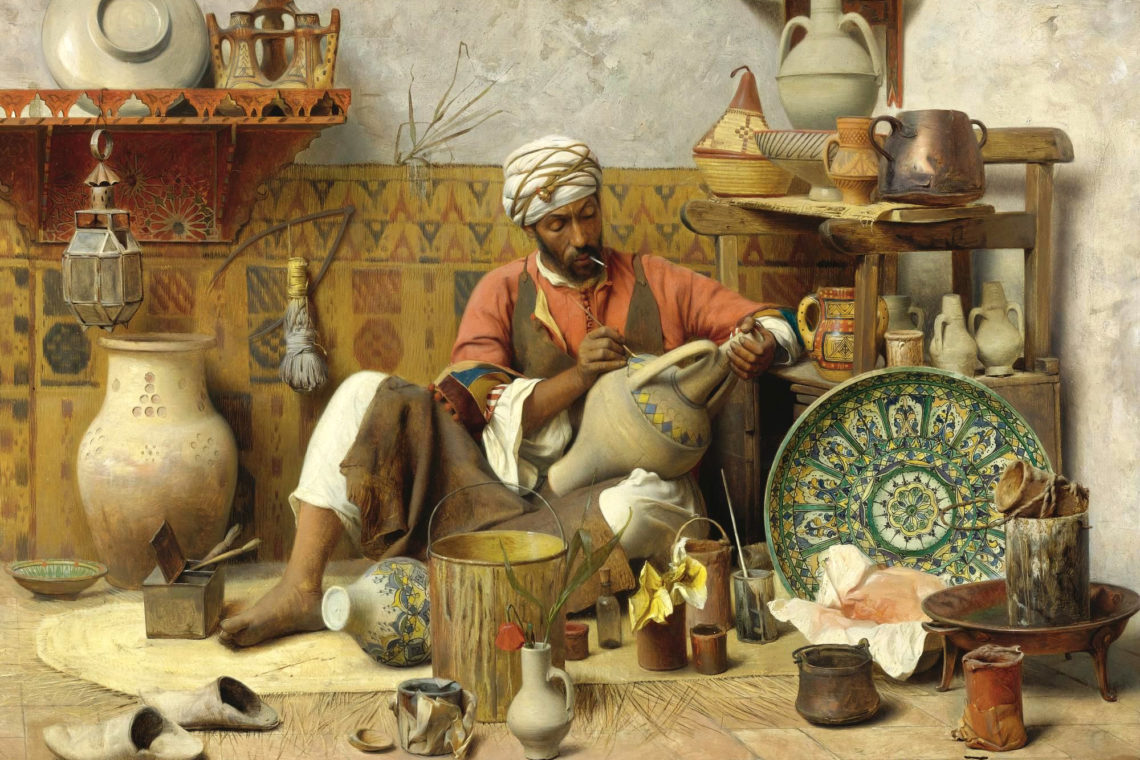Salvation Army is Abdellah Taïa’s third novel to date. It is the story of a young Moroccan man coming to terms with his sexual penchant for men. Through this autobiographical narrative, Taïa depicts intimate moments of his ordinary childhood in Morocco as well as his tumultuous adult experiences in Europe. In simple and straightforward language, the author leads the reader through a journey of uncertainty and self-discovery, beyond the nuanced resonance of words and emotions. Writing, which he discovers at an early age, involves for him a courageous and unprecedented act of exposing his country’s taboos and prohibitions.
Raised in a large family of five, in a poor neighbourhood in the city of Sale, Abdellah has developed a discerning awareness of the sexual language of the body—whether that of his parents or that of his eldest brother. Like in all Moroccan large households, male and female members of a family share the same intimate and closed space where everything relating to sex and sexuality is something unspeakable, something lived and outlived in silence. For example, the narrator remembers how their parents have perfected their own strategies to express their desire for each other. At times, his imagination will follow them to his father’s room, treading on “torrid and slightly incestuous ground.” Despite the apparent weight of tradition, the mother has taught him early in life that “sex, and it is no big deal who we have it with, should never make (one) feel afraid.”
From a psychological perspective, this unusual approach to sexuality establishes a key reference for his subsequent sexual adventures, whether inside Morocco or in Europe. His secret sexual love for his eldest brother Abdelkerim, notwithstanding its moments of delight and frustration, remains a turning point in the confirmation of his homosexual tendencies. When the young Abdellah discovers, during a trip to Tangier and Tetouan, that his brother has a love relationship with a woman, he decides not to become the kind of man his mother would have expected. Instead, he takes pleasure in his first sex experience with a forty-year old Moroccan man in a movie theatre.
Years later at a conference at the University of Mohamed V in Rabat, Abdellah meets Jean, a Swiss professor. The encounter develops into an intimate relationship between the two. Jean helps Abdellah to get a scholarship to do his French studies in Switzerland. In Geneva, however, Abdellah finds out about the harsh reality of being a foreigner, someone whose definition as a foreigner from the South already precedes him. Not only does he have to deal with the failed relationship with Jean, but he also needs to distance himself from the image of the man-prostitute from the South who is hired for his sexual services. His disappointment starts with his boyfriend’s (Jean) letting him down at the airport. Throughout the rest of the autobiography one feels an obvious mix of fear of and desire for the West, a feeling shared by most North African writers and immigrants in Europe. The freedom that the West promises its lovers is tainted by a persistent stereotypical representation of the Other, the foreigner, especially if that Other is also North African.
Being at once an intellectual and a homosexual, Abdellah faces the challenge to distance himself from the old image of the Oriental man who is determined to conquer the West by his “penis.” Of interest in this regard is Mohamed’s story, the young Moroccan who dreams of seducing an old Western woman so he can get out of “this shithole country.” Taïa uses Mohamed’s story in order to say a word or two on his native country. In recent years, sex tourism has flourished, and thus the whole country has turned into a large “bordello” where foreigners like his Swiss friend Jean can afford to pay for their sexual adventures.
Written against the background of this unremitting reality, the autobiography exposes the difficulties facing a young Moroccan man who has the courage to write about his sexual preferences for men. Not only does he challenge the negative reception in his home country, but the author also aspires to place his experience on the level of that of his favourite author, Jean Genet. The translation of his autobiography into English, introducing Taïa’s remarkable skills as an accomplished writer and intellectual to an Anglophone public, will surely secure him a reputable position in the company of other forthright Moroccan writers like Rachid O.
Salvation Army by Abdellah Taïa is translated from the French by Frank Stock and published by Semiotext(e). It is distributed in the United States by the MIT Press.




Comments are moderated by the editor and may not appear on this discussion until they have been reviewed and deemed appropriate for posting. All information collected is handled in a manner consistent with our privacy policy.